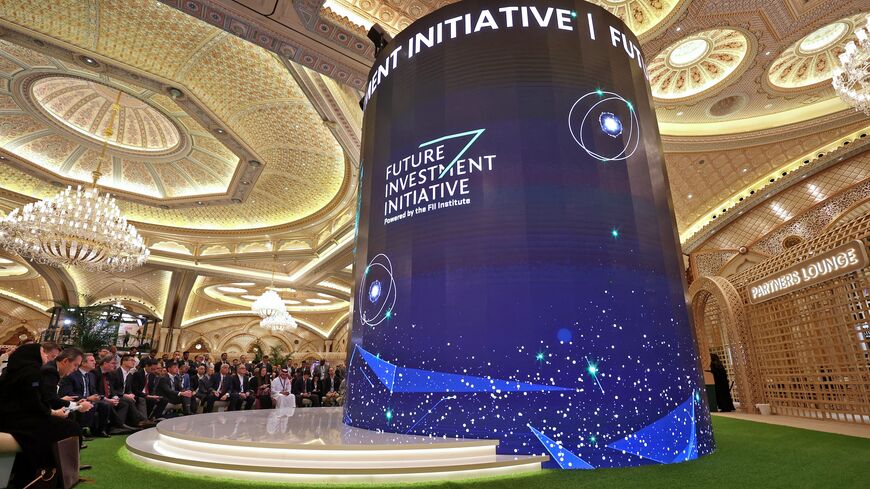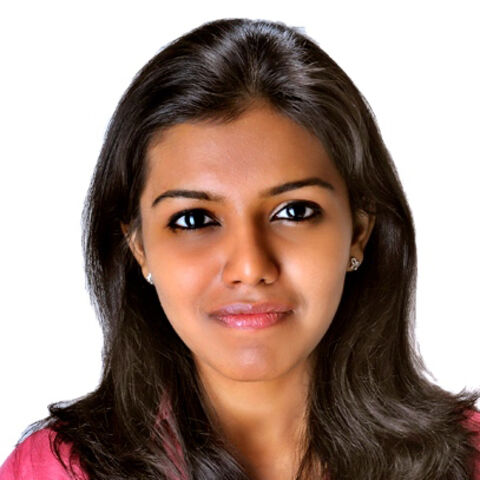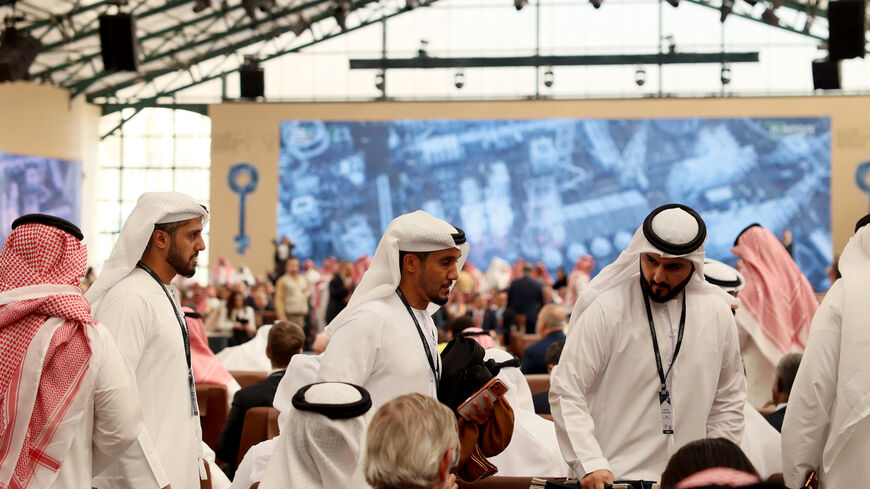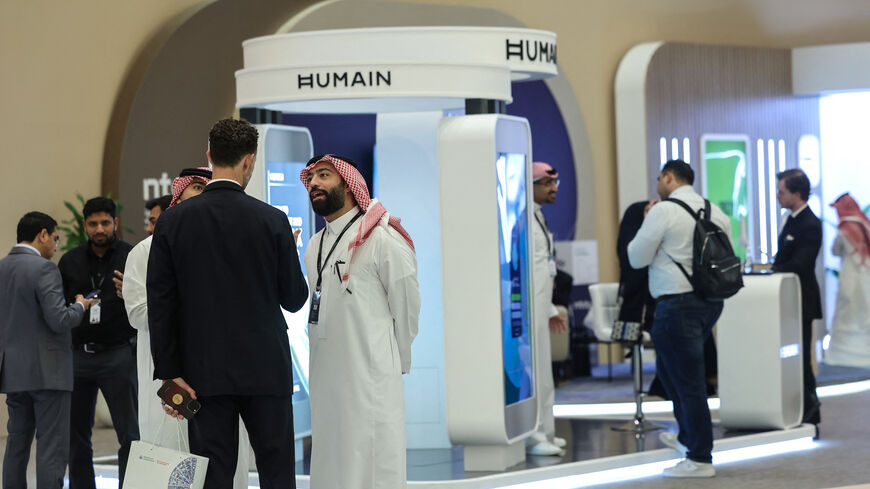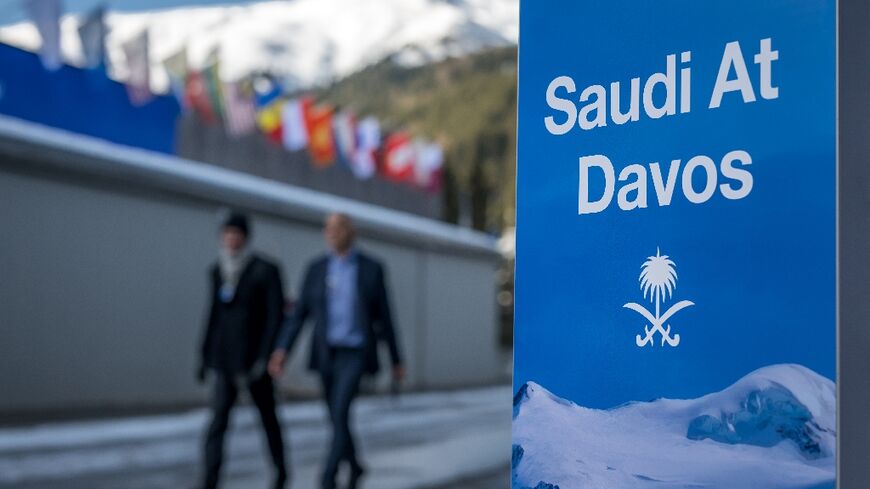Mideast war clouds outlook at Saudi 'Davos in the desert'
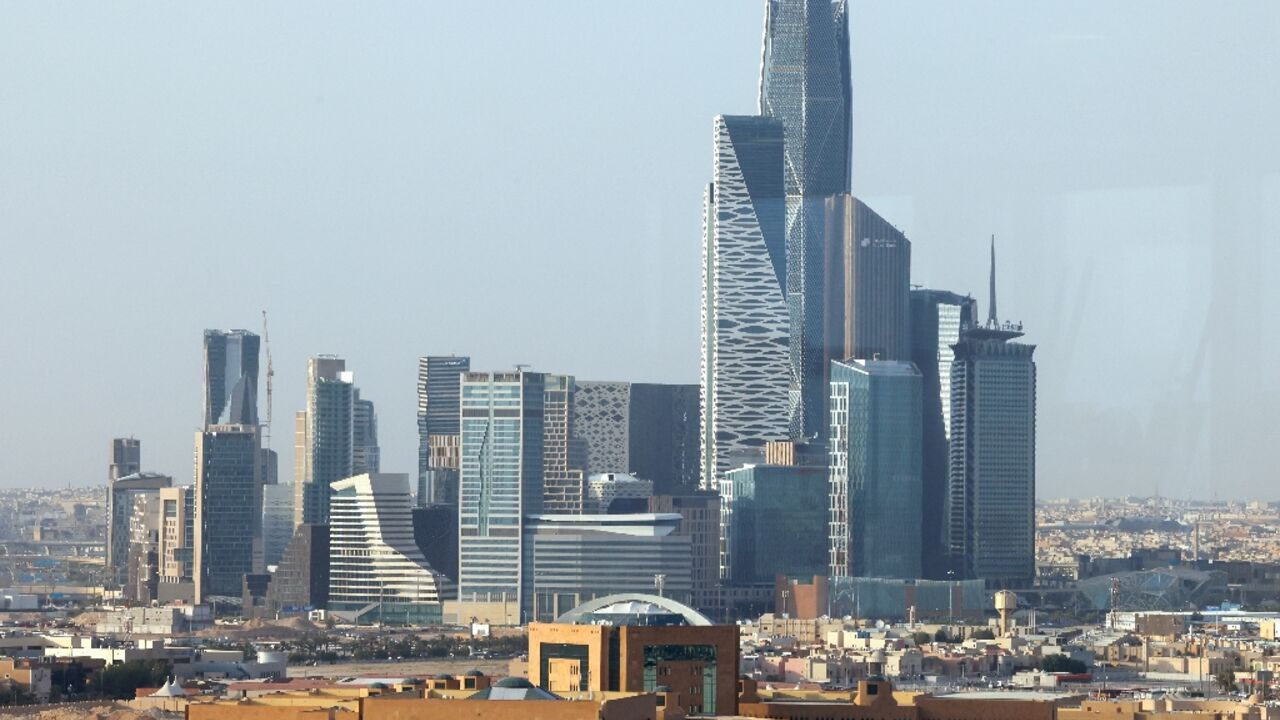
Saudi officials on Tuesday lamented the economic strain of regional conflicts as the kingdom's sovereign wealth fund told an investor forum it was cutting the proportion of its overseas investments.
Despite a performance by South African opera singers and a remote appearance by Elon Musk, the mood at the glitzy Future Investment Initiative (FII), sometimes called "Davos in the desert", was clouded by Israel's wars with Hamas in Gaza and Hezbollah in Lebanon.
This year's three-day event is expected to draw more than 7,000 delegates including TikTok CEO Shou Zi Chew and the chief executives of Citigroup and Goldman Sachs.
The Gulf has been "a bright spot in the region" but ongoing wars are hampering growth, Muhammad al-Jasser, chairman of the Islamic Development Bank, told a panel.
"The potential that was sitting there waiting to be cultivated is evaporating with all these conflicts and this level of uncertainty," said Jasser, a former Saudi central bank governor.
Last year's FII took place just weeks after Hamas's unprecedented attack on Israel triggered the Gaza war, with high-level speakers warning of economic turmoil should the fighting spread.
A year later, those fears have materialised, as Israel presses operations against Hezbollah in Lebanon and carries out tit-for-tat strikes with Iran.
Saudi investment minister Khalid al-Falih said the kingdom was inevitably harmed by regional hostilities, including attacks by Yemen's Huthi rebels on vessels in the Red Sea.
"We are the centre of the Middle East," Falih said.
"And we feel the pain that is happening at a human level and we see the disruptions in the Red Sea."
- Wealth fund shift -
FII, launched in 2017 to showcase Crown Prince Mohammed bin Salman's vision of diversifying Saudi Arabia's oil-dependent economy, has put the spotlight on AI this year.
In one session, Tesla and SpaceX CEO Musk warned about the dangers of AI models he said were "woke" and "nihilistic" rather than "maximally truth-seeking".
The primary engine of Prince Mohammed's Vision 2030 has been the sovereign wealth fund, known as the Public Investment Fund (PIF), which has more than $900 billion in assets under management.
PIF governor Yasir al-Rumayyan told a panel it would reduce the proportion of its overseas investments after years of splashy deals including in sports and entertainment.
"Now our target is to bring it down to a range between 18 to 20 percent" from 30 percent, he said, without specifying a timeline.
"Having said that, the absolute dollar amount, it's still growing."
Rumayyan's announcement came as scepticism mounts over the kingdom's most ambitious development projects, such as a futuristic mega-city known as NEOM.
Authorities have reportedly scaled back 2030 size and population targets for NEOM, which is meant to feature a ski resort and twin skyscrapers 170 kilometres (105 miles) long.
On Sunday, NEOM announced the opening of its "first physical showcase", a luxury Red Sea island known as Sindalah featuring restaurants, hotels and yachting berths.
- 'Show must go on' -
While most speakers on Tuesday refrained from overtly political messages, American economist Jeffrey Sachs used his speaking slot to issue a full-throated call for the establishment of a Palestinian state.
"Why is there war in Gaza and in Lebanon and possibly spreading to Iran and further in this region? Because there's no state of Palestine, obviously," he said.
"Because Israel blocks it, the United States blocks it, and until there is, there's going to be no peace in the region."
Egyptian Prime Minister Mostafa Madbouly called for a ceasefire in Gaza while touting Egypt and Saudi Arabia as "essential pillars" for regional security.
"I reiterate that the security of the (Gulf) countries is an integral part of the national security of Egypt," he said.
FII Institute CEO Richard Attias had said ahead of the gathering that it is not meant to focus on "politics" and should instead tackle big-picture investments "to build a better world".
"I am curating events for 35 years now, and I learnt one thing: The show must go on," said Attias, former producer of the World Economic Forum in Davos, Switzerland.
On Tuesday Attias announced that this year's FII would be his last as CEO of the institute.
